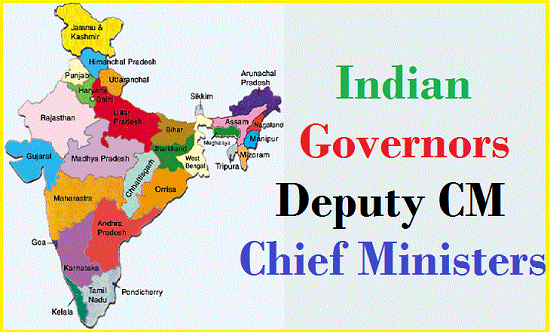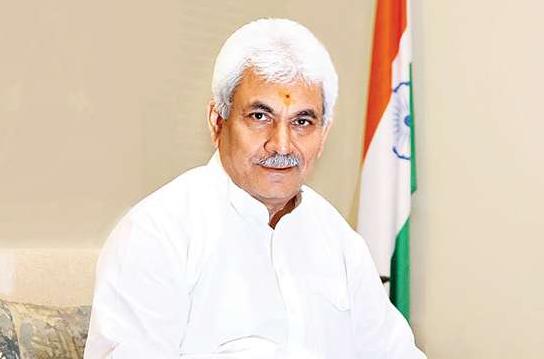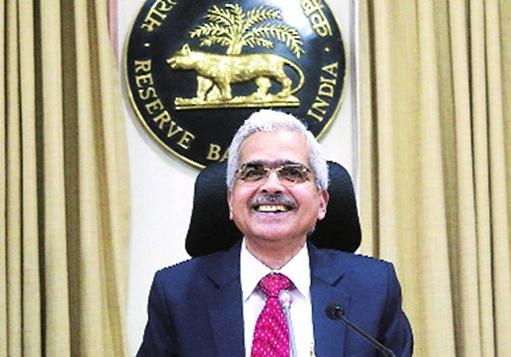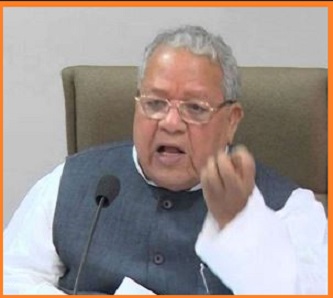Updated By: LatestGKGS Desk
Importance or real position of the Governor

Importance, Role and, position of the Governor And Appointed of the Chief Minister
The powers mentioned above belong to the Governor only in theory, and not in practice. The Governor under the Constitution is only the ceremonial head of the State administration.
He has to exercise his powers on the advice of his Council of Ministers. Theoretically, therefore, whatever powers belong to the Governor are in reality exercised by his ministers. He is the nominal figurehead of the State, a dignitary with regal pomp and show, but with no real powers.
The Constitution specifically provides that except in matters where the Governor is required to act in his discretion, he shall be aided and advised in the exercise of his functions by a Council of Ministers. The numbers of discretionary powers mentioned in the Constitution are very small. Instances, where a Governor can exercise such powers, are:
Appointed of the Chief Minister.
Summoning, proroguing and dissolving the State Legislature.
Proclaiming the breakdown of the Constitutional machinery in the State.
However, even in the exercise of these discretionary powers, the Governor is not a free agent. He has to act in such matters under instructions from the President of India. Moreover, the exercise of discretion is conditioned by some Parliamentary conventions and traditions.


